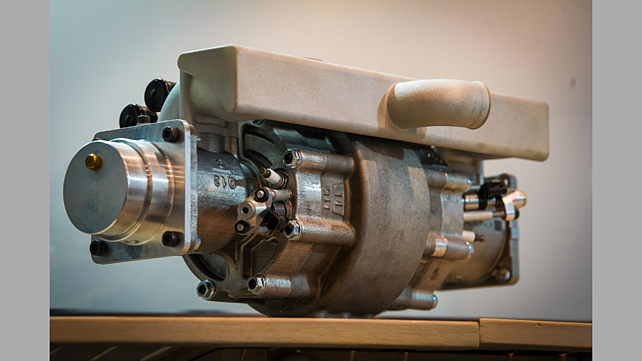
Aquarius Engines based in Israel has successfully tested a viable replacement to the traditional combustion engine that operates on hydrogen. The new hydrogen engine's lightweight design and unique internal-gas-exchange method would greatly reduce emissions and lower the global carbon footprint.
According to the company, it waited to unveil the new hydrogen engine until after successful third-party tests were conducted by the world-renowned Austrian engineering firm AVL-Schrick. The tests demonstrated that a modified version of the original Aquarius Engine can fully operate on hydrogen.
Gal Fridman, Chairman, Aquarius Engines, said, 'It was always our dream at Aquarius Engines to breathe oxygen into hydrogen technology as the fuel of the future. From initial tests, it appears that our hydrogen engine that doesn't require costly hydrogen fuel cells, could be the affordable, green and sustainable answer to the challenges faced by global transport and remote energy production. As the world moves away from fossil fuel, our new hydrogen engine could spark the dawning of the age of Aquarius.'
The original Aquarius Engines Generator is currently undergoing successful field tests in North America, Europe, Asia and Australasia. The company recently announced partnership deals with Nokia in remote communication and energy equipment management, establishing a subsidiary in Tokyo, and partnering with Japanese auto parts manufacturers TPR and Honda-affiliate Musashi Seimitsu.
The Aquarius Engines technology currently has around two dozen patents registered worldwide. The 10kg Aquarius engine was invented in 2014 and is designed to be used as an onboard power generator in a vehicle or as a stand-alone electricity generator. Unlike most conventional engines that are made of hundreds of parts, the Aquarius engine has just twenty components and one moving part. The lightweight, streamlined design makes it inexpensive and highly efficient with minimal need for maintenance than traditional engines, the company said.